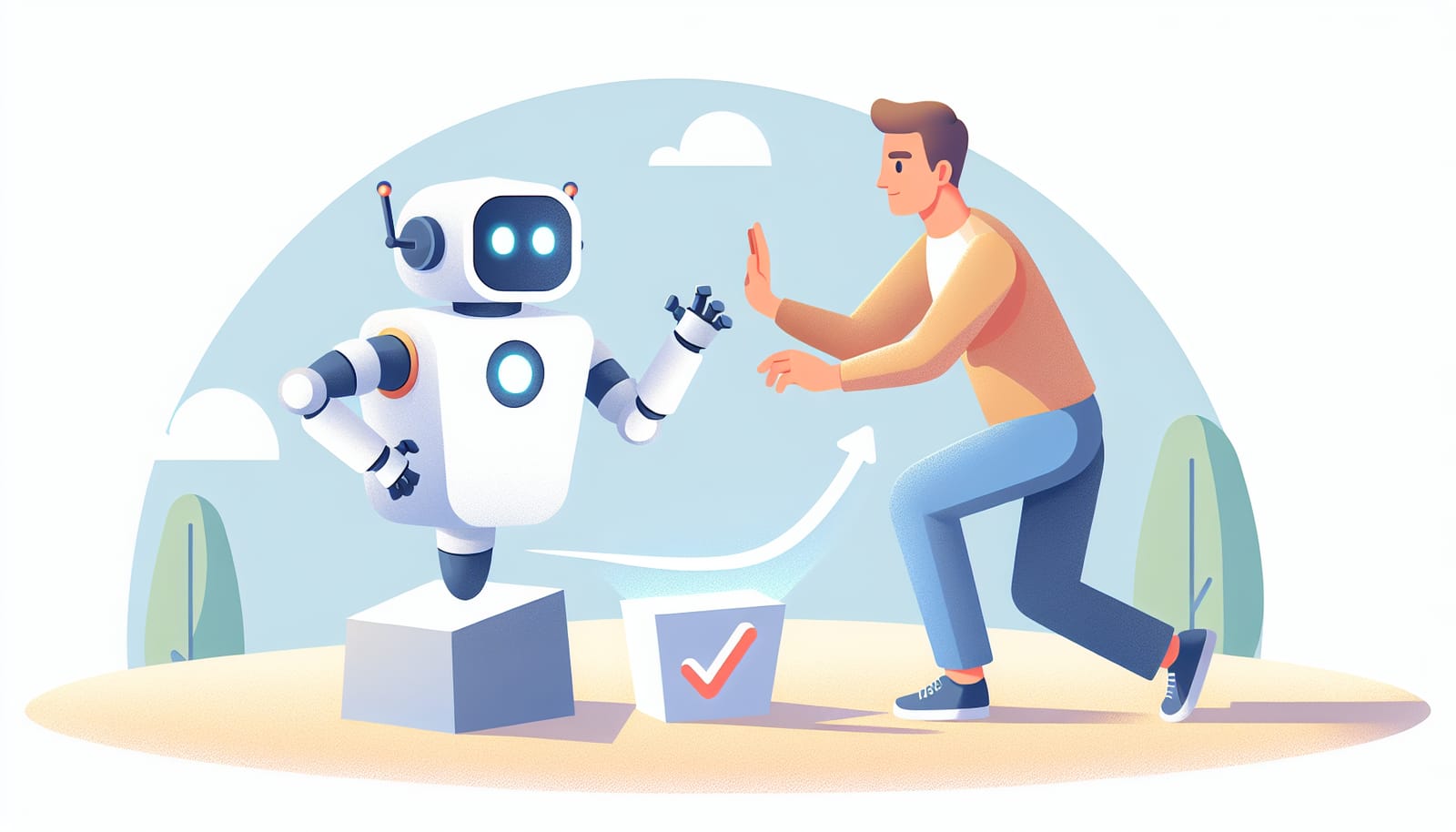Artificial Intelligence (AI) is a fascinating topic that seems to capture the imagination of many. From sci-fi movies to discussions in coffee shops, the idea that AI could enhance human life—and perhaps even grant us immortality—often comes up. But is that really the case? In this article, we’ll explore why AI won’t make us immortal and the real limitations of this incredible technology.
Understanding AI: A Quick Dive
Before we jump into the myth of immortality, let's clarify what AI really is. AI refers to computer systems designed to perform tasks that typically require human intelligence. These tasks can include understanding language, recognizing patterns, and problem-solving.
You might be familiar with AI in everyday life. For example, when you ask your smartphone a question or when Netflix suggests a movie you might like, you’re interacting with AI. This technology is all around us and has a multitude of applications—from healthcare to entertainment, and even in self-driving cars!
The Myth of Immortality: Where Did It Come From?
The idea that AI could lead us to immortality often stems from the advancements in technology and medicine. Some people envision a future where AI could help us live forever by repairing our bodies, curing diseases, or even uploading our consciousness into a digital realm.
This myth is fueled by popular culture, where you might see characters living forever with the help of advanced robots or AI systems. But while these stories are entertaining, they are often far from reality.
AI and Human Biology: The Limitations
To understand why AI won't grant us immortality, we need to look at the limitations of technology in relation to human biology. Our bodies are complex systems made up of cells, tissues, organs, and countless biochemical interactions. While AI can analyze data and identify patterns, it doesn't have the capacity to fundamentally change our biological makeup.
For instance, AI can assist in diagnosing diseases more accurately than human doctors by analyzing medical images or patient data. However, it cannot replace the intricate processes of healing or aging. Aging is a natural biological process that involves genetic, environmental, and lifestyle factors—none of which AI can control or alter.
The Role of AI in Healthcare
While AI may not make us immortal, it certainly has the potential to improve our quality of life and longevity. AI can help in various ways:
- Personalized Medicine: AI can analyze genetic information to tailor treatments that are specific to individual patients, increasing the effectiveness of therapies.
- Early Diagnosis: With the ability to sift through immense amounts of data, AI can identify diseases at earlier stages, potentially leading to better outcomes.
- Robotics in Surgery: AI-driven robots can assist surgeons in performing complex operations with greater precision.
These advancements can lead to longer lives, but they do not equate to immortality.
Ethical Considerations: The Human Element
Another crucial factor to consider is the ethical implications of using AI in healthcare and life extension. As we explore the possibilities of enhancing human life, we must ask ourselves: what does it mean to be human?
There’s a risk that, as we push the boundaries of technology, we might lose sight of the values that define our existence. Would we want to live forever if it meant losing our humanity? AI can analyze data, but it cannot replace human emotions, relationships, or experiences.
The Future of AI: Enhancing Life, Not Extending It
The future of AI lies in its ability to enhance our lives rather than grant us immortality. Imagine a world where AI helps us make healthier choices, provides personalized learning experiences, or even assists in conserving our environment.
AI can help solve significant global challenges, such as climate change or food insecurity, ultimately improving the quality of life for future generations.
The Bottom Line: Embracing Life, Not Fearing Death
While it’s natural to be fascinated by the possibilities of technology, the idea of AI granting us immortality is more myth than reality. Instead of focusing on living forever, we should embrace the life we have and seek to improve it with the help of AI.
Advancements in AI can help us enjoy healthier, longer lives, but they cannot eliminate the fundamental aspects of life, such as aging and mortality. Life is a beautiful journey filled with experiences, lessons, and relationships.
In conclusion, let’s celebrate the potential of AI while acknowledging its limitations. Rather than chasing immortality, we can use AI to enhance our lives, making our time on this planet richer and more fulfilling.
Final Thoughts: A Call to Curiosity
The world of AI is ever-evolving, filled with challenges and opportunities. As we move forward, it's essential to stay curious and informed. By understanding the capabilities and limitations of AI, we can make more informed choices about how we integrate it into our lives.
So, while AI may not make us immortal, it can certainly help us lead more meaningful lives. Embrace the technology, explore its possibilities, and remember that the most valuable moments in life come from our experiences, relationships, and the legacy we leave behind.


